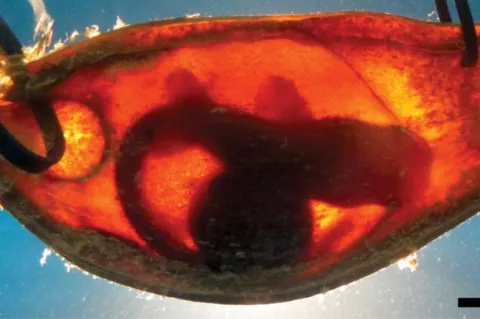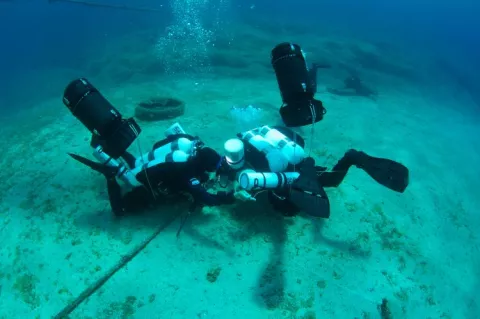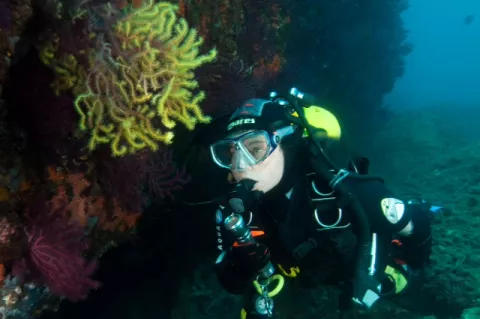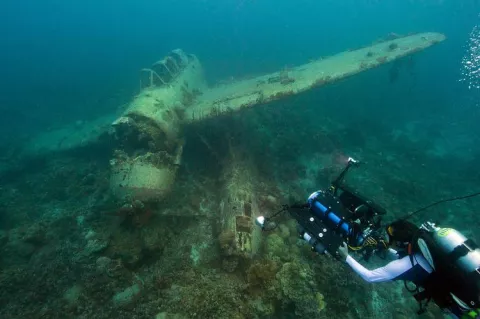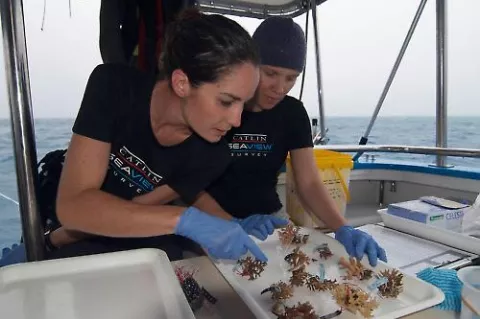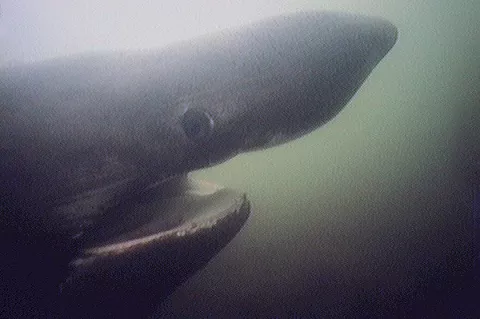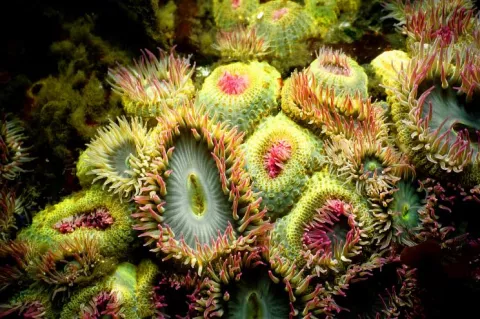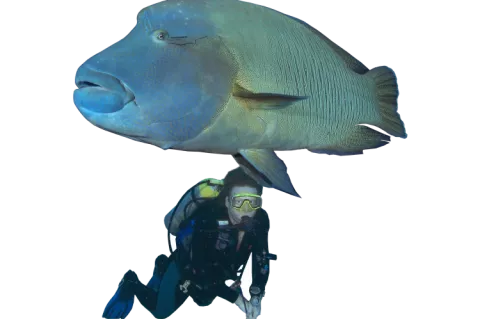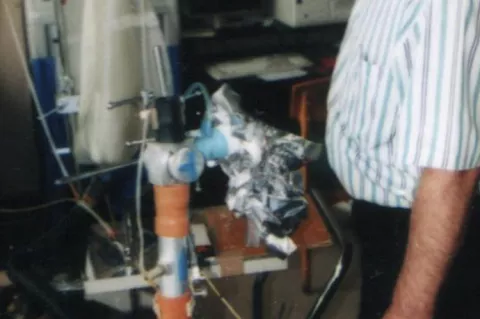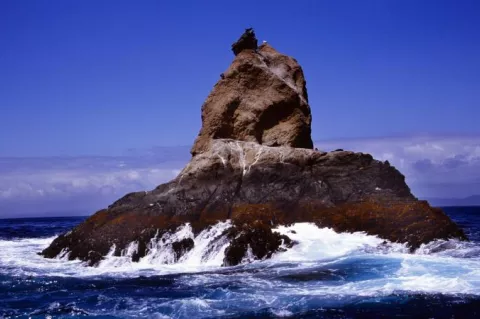Embryonic sharks play dead to evade predators
Brown-banded bamboo sharks can sense electrical fields even before they've hatched from their egg cases.
Despite being confined to the small space within the egg case, where they are vulnerable to predators, embryonic sharks are able to recognise dangerous stimuli and react with an innate avoidance response.
Normally, an embryo pulses its gills actively. But when researchers turned on electrodes to produce an electric field near the egg cases, the unhatched sharks froze and stilled their gills for several seconds.
- Read more about Embryonic sharks play dead to evade predators
- Log in to post comments

